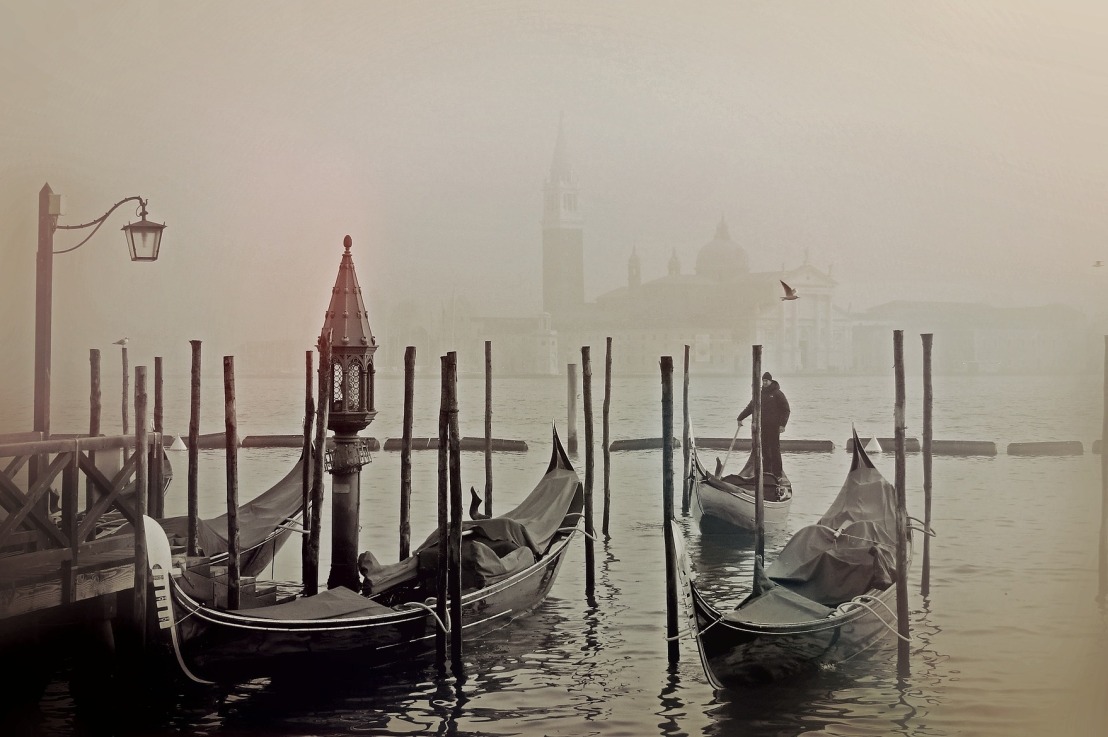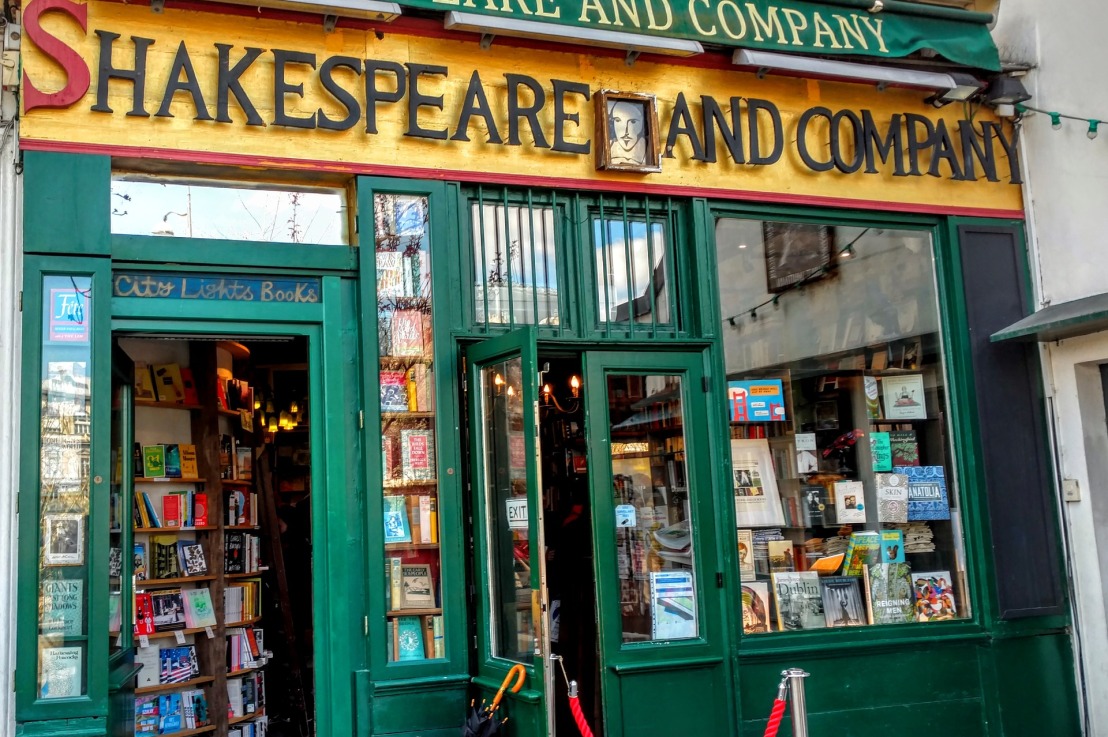Most people think they can write. And they are for the most part right, to paraphrase the chef from Ratatouille “anyone can write.” But what is really meant in that phrase is that a writer can come from anywhere. If you look at where your favorite writers were born or raised, I guarantee most of the time it won’t be New York, Los Angeles, London or Paris.
Literacy is so ubiquitous in the twenty-first century that we take for granted how many years (usually a decade and a half) it too to get us to the point where we can write a college entrance essay. Writing takes time. Writing takes patience.
Writing a novel is not the same thing as writing blog posts, tweets, term papers, or even a master’s thesis. I know because I’ve written all of them. Novels are their own creature.
So then why do so many people attempt it? My answer – they don’t know any better. Most people assume that because it’s easy to read a book that it must be easy to write one as well. It’s the same psychology behind the cooking craze that has been around for about a decade. We all eat, most of us can put ingredients in a pan, thus we could be the next MasterChef.
Well I applaud you for trying, because without trying we would get no where. However, this means that everyone starts somewhere. We all start our writing careers knowing little more than what we learned in high school or college English class.
So I’m going to throw down a few books you can learn from. Well I’m going to throw down some books I learned from and maybe you will too.
I’m going to omit the obvious. Aristotle’s Poetics should be on your shelf already, as should be Strunk & White, Stephen King’s On Writing, and some other books which would be good to name for search engine recognition, but I’m not going to do that.
So to begin….
- Joseph Campbell’s The Hero with a Thousand Faces
I got this book when I was about fifteen because it was mentioned as a book that influenced Star Wars and as a teenager I very desperatly wanted to be a screenwriter and director. I got over that as most sane people do, but the book had left it’s mark. This was the first time anyone had ever demonstrated to me that there was a magic plot that all stories followed. And I reasoned that if this were true, there must be other magic truths contained in books like this. So I read most of Carl Jung’s “collected writings.” That would be the major set of books like Symbols of Transformation, Aion, and Archaetypes and the Collective Unconscious. I poured over them staying up all night and even taking them to school with me the next morning. I felt like I was learning the kind of knowledge that would all me to make the next great movie franchise.
Boy was I wrong.
And it took me almost two decades to realize it.
See Hero is a great book, and I’m still heavily influenced by Jung. But what I didn’t know then, that I do know now, is that the Hero’s Journey, as his outline came to be called, is really only applicable to the Bildungsroman, the coming of age story. The plot laid out by Campbell worked for Star Wars because it was the journey of a young man to adult hood. That’s why the book works for many movies. The movie industry post-Lucas and Spielberg (admit their best days are behind them) is obsessed with making the same movie over and over and over. And why should they stop? Every five years you get a new crop of young people going to the movies who’ve (probably) never seen the trick before. To them the Hero’s Journey is fresh. Maybe that’s why Hollywood doesn’t make many films for people over the age of thirty. Once you know the trick, why pay to see it again even if it is dressed up with new stars and sets?
But I think every writer needs to read this book. Today virutally everything you see will either be an embrace of or rejection of, the Heroe’s Journey.
2. Lajos Egri’s The Art of Dramatic Writing
Egri was writing for playwrights, and I discovered it while writing screenplays, but the ideas he espouses about conflict, the nature of character, the idea of what makes good dialogue and how protagonists and antagonists works makes this a book worth of virtually any writer.
There are many books available on “how to write your book in 15 days without really trying!” I think most of those books are based in part on Egri’s work. He doesn’t play the “write it today!” game, but he does go through the basics of what you’ll need when you sit down to start writing.
This is also not a motivational book. Today it’s not uncommon to see books on writing basically try to talk the reader into a position where they feel confident putting their ideas forth. Great, you sometimes need a little push. That’s why therapy is so popular, but Egri doesn’t do that either. This is just a simple book that anyone just starting out as a writer will benefit from.
3. Benedict Anderson’s Imagined Communities
This is an academic work on the nature of what makes a community. It goes into complex sociological issues that center on the nature of identity. Essentially identity comes from community. There isn’t any way around that. And in the search for identity we build communities, which is to say, we build cultures. I’m not endorsing the notion that a community is just culture. Clearly it is more than that. But as a child of the internet age the notion of people simply deciding they are a community, think the people on /pol/ or 4chan in general, the people who read Breitbart.com or any site with a major following. Think Vox Day’s “Dread Ilk” and you’ll have some understanding of how we create communities.
I’m recommending this book to you as part of what you’ll need to do when creating characters is answer the question, which communities does this person belong to, why, and how strong is the connection?
It may be for noodly headed academics, but don’t overlook Imagined Communities as a book that can help your writing along.
4. Carl Jung’s Aspects of the Masculine and Aspects of the Feminine
Ok so maybe I should have said five books instead of four. But I view these two books as essentially two parts of the same title so I’m sticking with four.
So in [The current year] there is a lot of searching for identity going on. One of the hottest topics is the nature of gender and sexuality. There is this meme going around that says gender is fluid. Bullshit. Call me whatever you want, but I don’t think gender is either a social construct or fluid. I’m not some 21 year old college student who is being brainwahsed into thinking there are 38 genders and being non-binary is cool, rather than a cry for attention.
Jung’s work then, for the writer and especially for the right wing writer, is valuable in that it shows us how men and women are complimentary not confrontational. You simply can’t replace a man with a woman. Heresey to certain types of people who write, I know, I’m sure this will warrant someone to tall me a bigot or accuse me of hate speech.
Whatever.
The fact is that if you want to write, you have to write both male and female characters. If you’re writing anything else it’s either SFF or you’re trying to hard to impress people who don’t read anything not recommended on File 770 anyway.
So Jung’s books are important in that they will help you understand the deepest psychological understanding of what makes men men and women women. I cannot emhpasise how important it is for you, the writer, to understand that to explore meaningful relationships among characters, they must first know who they are, or at least be willing to explore who they are in the natural sense of the phrase.
Don’t be afraid of being called sexist or misogynist by critics or internet trolls. Just write your book in the most honest way possible.



